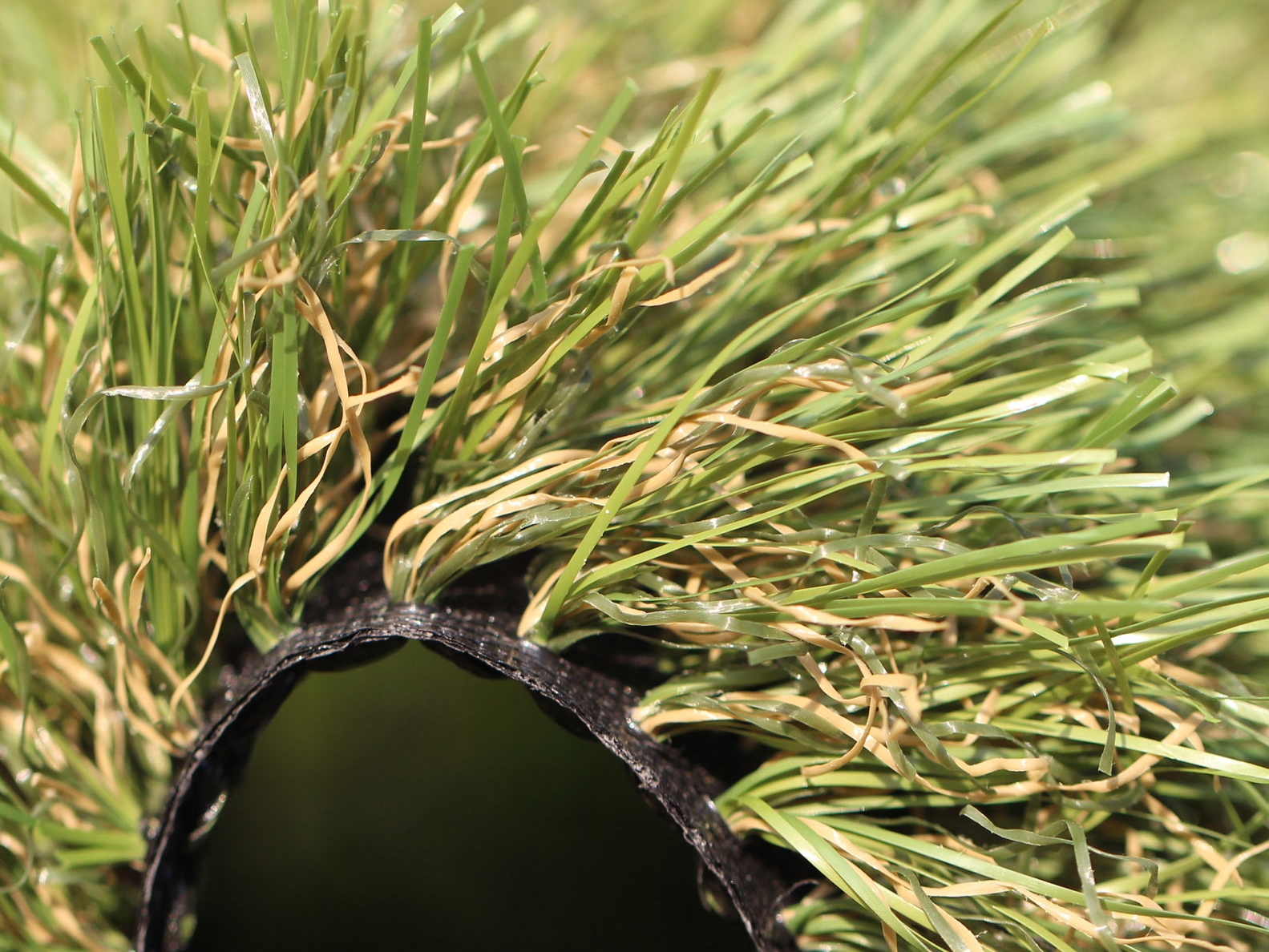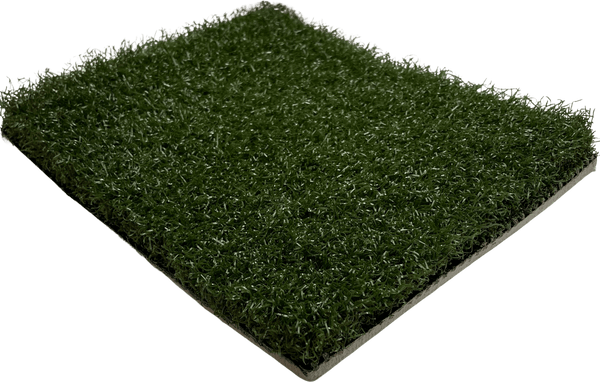Leading Phoenix Turf Companies Offering Superior Synthetic Grass Options
Leading Phoenix Turf Companies Offering Superior Synthetic Grass Options
Blog Article
Explore the Environmental Perks of Opting for Artificial Grass Solutions
The fostering of synthetic grass remedies presents a compelling chance to attend to pressing ecological difficulties. By dramatically minimizing water use and decreasing the application of harmful chemicals, these alternatives not just advertise lasting landscape design but additionally shield local ecosystems. In addition, the lower carbon footprint related to lowered maintenance activities adds to a more lasting approach to land monitoring. The ramifications of these advantages extend past simple conservation initiatives, raising concerns concerning their long-lasting impact on habitat preservation and overall ecological balance. Checking out these dimensions discloses a complex interplay worth thinking about.
Water Preservation Benefits
One of the most significant advantages of synthetic grass is its capacity to save water. Traditional lawn yards call for considerable watering, particularly in areas vulnerable to drought or water constraints. On the other hand, synthetic grass does not need watering, dramatically reducing the overall need for water sources. This function is specifically beneficial in dry regions where water shortage is a pushing problem.
By getting rid of the need for regular watering, synthetic grass contributes to lasting landscape techniques and helps mitigate the ecological impact of extreme water intake. Additionally, the preservation of water reaches the decrease of overflow, which can cause soil disintegration and river pollution.
Additionally, the installation of synthetic grass enables municipalities and house owners to designate water resources extra effectively, focusing on essential usages such as alcohol consumption water and agriculture. The shift in the direction of synthetic grass not just promotes accountable water use however additionally straightens with more comprehensive environmental objectives focused on maintaining natural deposits.
As areas increasingly prioritize sustainability, the water conservation advantages of fabricated turf provide an engaging case for its fostering in household and commercial landscaping tasks.
Reduced Chemical Usage
The transition to synthetic grass considerably decreases the dependence on chemical therapies frequently utilized in all-natural yard upkeep. Typical grass management typically involves the application of herbicides, fertilizers, and pesticides to promote development and control bugs. These chemicals can position dangers to human wellness, neighborhood wild animals, and the atmosphere, adding to dirt and water contamination.
On the other hand, fabricated lawn removes the demand for these dangerous substances. When installed, it requires marginal maintenance, primarily containing regular cleaning and infrequent infill replenishment. This reduction in chemical usage not just profits the instant atmosphere yet likewise adds to broader environmental stability. By minimizing the launch of synthetic compounds into the ecosystem, synthetic turf advertises much healthier dirt and water systems.
Furthermore, the absence of chemical overflow linked with synthetic grass setups helps safeguard local rivers from pollution, sustaining marine life and maintaining biodiversity. Turf installation phoenix az. As communities increasingly focus on lasting techniques, choosing synthetic grass presents a sensible service that lines up with ecological conservation goals. Via this shift, property proprietors can delight in lush environment-friendly rooms without endangering environmental wellness, leading the way for a much more lasting future
Lower Carbon Footprint

Additionally, the installation of man-made grass can result in find out this here substantial water conservation. Natural grass need considerable quantities of water for irrigation, which not just contributes to the carbon impact related to water extraction and treatment but additionally strains local water sources. In contrast, synthetic grass requires marginal upkeep, needing no watering, thus substantially decreasing water usage and its connected power expenses.
In addition, the long life of synthetic grass contributes to its reduced carbon influence. With a lifespan of up to 15 years or even more, the requirement for frequent replacements is reduced, resulting in less waste and lower power consumption in production and throwing away standard yard alternatives. Overall, man-made lawn offers a lasting alternative for ecologically aware landscape design.
Habitat Preservation
Habitat preservation is an important factor to consider in the dispute over landscaping choices, especially when comparing synthetic grass to natural turf. Natural yard yards often require comprehensive maintenance, including making use of plant foods, chemicals, and herbicides, which can detrimentally affect regional ecological communities. These chemicals can seep into the dirt and waterways, damaging indigenous vegetation and fauna and disrupting neighborhood environments.
Man-made lawn removes the need for harmful chemicals, thus shielding neighboring wild animals and keeping the honesty of surrounding communities. read this The setup of synthetic turf can lead to the conversion of previous turf areas into more biodiverse landscapes, such as pollinator gardens or native plant locations, which can sustain neighborhood wild animals.
Inevitably, the change to synthetic grass not just conserves water and decreases upkeep efforts however also promotes a much more harmonious connection between human tasks and the native environment, advertising environment preservation while doing so.
Long-Term Sustainability
Long-term sustainability is a critical consider reviewing the benefits of synthetic grass over standard turf lawns. Among one of the most considerable benefits of synthetic grass is its durability; it can last approximately 15-20 years with very little maintenance, whereas all-natural grass needs regular reseeding and substitute. This long life decreases the demand for continuous sources, such as water, plant foods, and pesticides, which are essential for preserving a healthy grass yard.
Additionally, synthetic grass adds to a reduction in carbon emissions connected with lawn treatment devices. Traditional yards frequently call for gas-powered a knockout post lawn mowers, trimmers, and blowers, all of which add to air pollution. Turf installation phoenix az. In comparison, synthetic grass removes the need for such tools, advertising a cleaner environment
Additionally, the production of synthetic grass significantly utilizes recycled materials, improving its sustainability account. As producers embrace environmentally friendly practices, the ecological impact of synthetic grass continues to diminish.

Conclusion
The adoption of synthetic grass remedies presents significant environmental advantages, consisting of significant water preservation, lowered dependence on dangerous chemicals, and a lower carbon impact. In addition, synthetic grass aids in maintaining all-natural environments by minimizing land disturbance and promoting long-lasting sustainability with using long lasting materials. Collectively, these elements underscore the capacity of man-made turf to contribute positively to ecological wellness and use a feasible option to typical landscape design methods in a significantly resource-conscious world.
In contrast, artificial turf does not need watering, dramatically minimizing the overall demand for water resources. By lessening the release of artificial substances into the community, fabricated turf advertises healthier dirt and water systems.
Additionally, the setup of man-made turf can result in considerable water conservation. In contrast, synthetic turf requires minimal maintenance, calling for no watering, therefore significantly minimizing water usage and its connected power prices.

Report this page